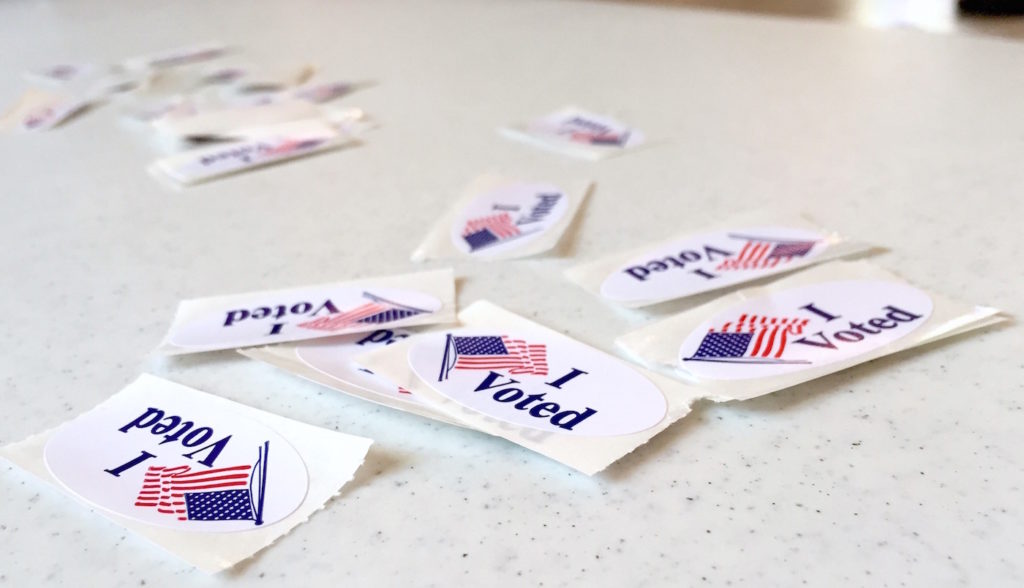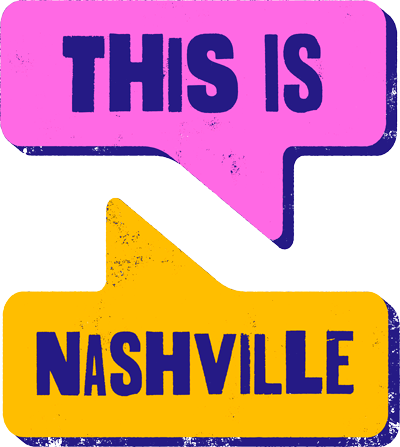
Four proposed charter amendments are on the August 4 ballot in Davidson County. On Friday, Nashville Banner President and Editor Steve Cavendish joined This Is Nashville to explain the amendments and the arguments for and against them.
Purpose of the Metro Nashville charter
The charter, which can be found in its entirety online, is a set of laws and ordinances that governs how Nashville functions. It was first passed in 1962 and is regularly updated through charter amendments. The last time it was amended was in 2018 when voters approved the Community Oversight Board.
Amendment 1
Amendment 1 seeks to change the process of how the charter is amended. Currently, to amend the charter, a petition needs signatures from 10% of the number of voters from the previous general election. The number of required signatures depends on how high (or low) voter turnout was in the previous general election.
If approved, Amendment 1 will change the number of required signatures to 10% of registered voters in Nashville-Davidson County.
“That’s controversial because that’s a much higher number than what is typically taken in order to get onto the ballot,” said Cavendish.
Those against Amendment 1 believe it will make it more difficult for grassroots efforts to amend the charter because it will take more time and resources to get the additional signatures.
“It’s not just that you have to get all of these signatures. It sort of it costs an extraordinary amount of money to be able to mail out (petitions). … You’re talking about six figures, at least, in order to be able to do a mailer to all the registered voters in the county, and for a grassroots effort, that’s just simply not there,” said Cavendish.
Those in favor of Amendment 1 believe it will save the Metro government from future litigation and its related costs.
The Davidson County Election Commission is currently in a legal battle with 4 Good Government over whether the group had the appropriate number of signatures to get its anti-property tax proposal on the ballot in 2021.
“It’s going to cost the city about $1,000,000 in litigation. It’s currently waiting to be heard by the Tennessee Supreme Court. If we’re going to be litigating every single time that something tries to get on to the ballot, there may be an indication that the process needs to be changed,” said Cavendish.
Amendment 2
Amendment 2 seeks to change the requirements to join the Metro Nashville Police Department.
Currently, MNPD has the same physical fitness standards as the U.S. Army and Navy. If passed, Amendment 2 will allow the Metro Civil Service Commission to set MNPD’s fitness standards.
MNPD requires its officers to be U.S. citizens, but if Amendment 2 passes, Green Card holders honorably discharged from the U.S. military will also be eligible to be officers.
There has been virtually no pushback against this amendment, according to Cavendish. “This one and the other two (amendments) are what you might call technical sort of changes to the charter.”
Amendment 3
Amendment 3 seeks to better define the differences between the Metro Department of Health and the Board of Health.
Currently, only a medical doctor can serve as the Metro director of health. If passed, Amendment 3 will removed that requirement and create the position of chief medical officer if someone without a medical degree becomes director.
“What this would allow you to do is it would cast a wider pool of candidates for that director position. … It would open up for people that have specialized in the study of public health. And I think in a in a post-pandemic sort of environment, that’s a really smart move,” said Cavendish.
The amendment will also change the language in the charter so that “insane” would be replaced with “mentally ill.”
Amendment 4
This amendment seeks to make technical changes to the charter by eliminating the public works department, but “by name and not by function,” Cavendish clarified.
“All of the functions of currently public works would be in other places in Metro government. It’s not like we’re just abolishing trash pickup all of a sudden,” he said.
In 2021, the Metro Council moved trash and recycling services to the water department. Other public works services – like pothole repair – is now done by the Nashville Department of Transportation.
Anna Gallegos-Cannon is This Is Nashville’s digital lead. She also writes the This Is Nashville weekly newsletter and is one half of the weekly @ Us! segment. You can contact her directly at [email protected]. Follow her on Twitter @anna_gallegos.


